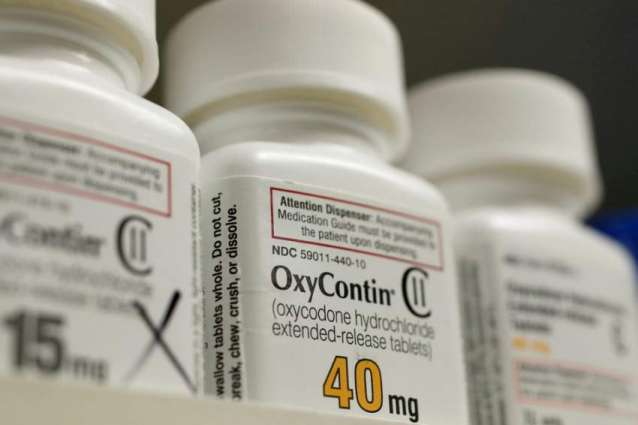AFP |
The epicenter of Canada’s opioid crisis, British Columbia province, on Wednesday, sued more than 40 drug companies to recover the costs of emergency paramedic responses and hospitalizations for overdoses. It marks the first lawsuit against opioid manufacturers by a government in Canada and the western province said it is in talks with other jurisdictions to join the class action.
“It’s time opioid drug companies take responsibility for the human and financial toll their products have taken on so many families,” said British Columbia Attorney General David Eby in a statement. Overprescribing and illicit sales of diverted painkillers have been widely blamed for the opioid crisis sweeping North America.
Ottawa has also poured tens of millions of dollars into strengthening emergency services and distributing the overdose antidote naloxone.
However, allegations by British Columbia that the drug companies “deceived prescribers and patients about the risks and benefits of opioids” and “seriously harmed the public healthcare system” have not been proven in court. The suit names opioid manufacturers, wholesalers, and distributors as defendants including Purdue, whose popular OxyContin drug has been blamed for triggering the crisis accusing them of contributing to an “epidemic of addiction.”
Read more: The common roots of the wars on immigrants and drugs
In the United States, Purdue was among manufacturers named by New York City in a $500 million lawsuit filed in January to recoup costs that could help battle the opioid crisis. Canadian victims and their families reached a proposed Can$20 million settlement with the company but it was blocked in March by a judge who found the sum to be insufficient. Purdue and others have since stopped marketing opioids in Canada at the direction of the federal government.
Read more: I said ‘no’ to drugs, they didn’t listen: dealing with addiction
Ottawa has also poured tens of millions of dollars into strengthening emergency services and distributing the overdose antidote naloxone. Opioid overdoses claimed nearly 4,000 lives in Canada last year, according to public health data. British Columbia was hardest hit, with about a third of those overdose deaths.
© Agence France-Presse














